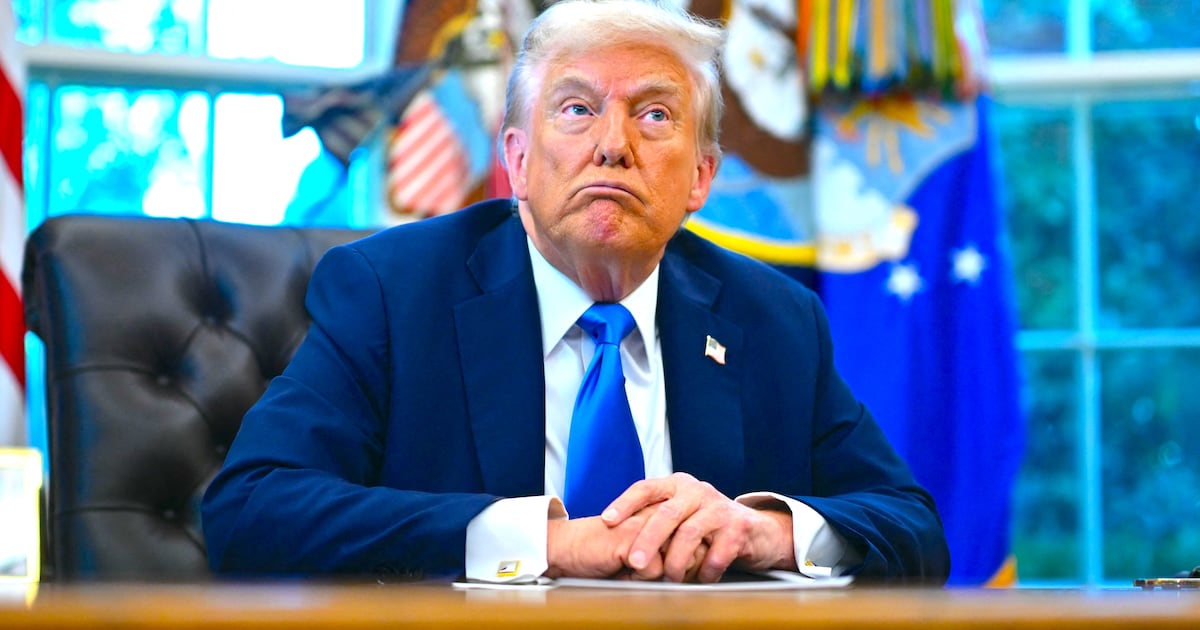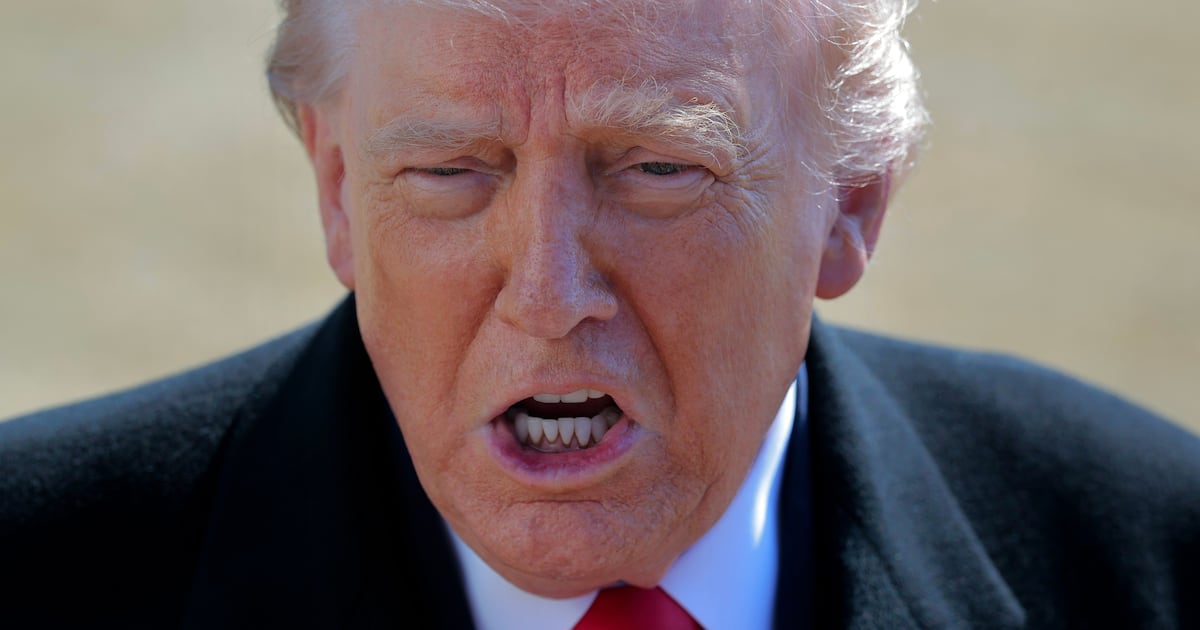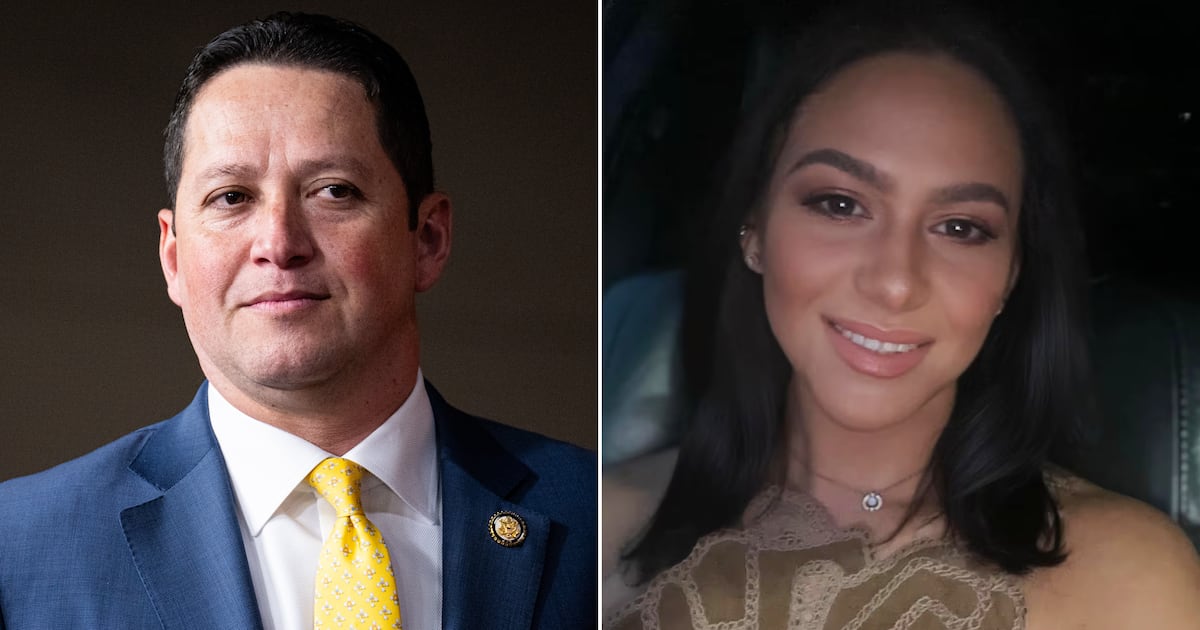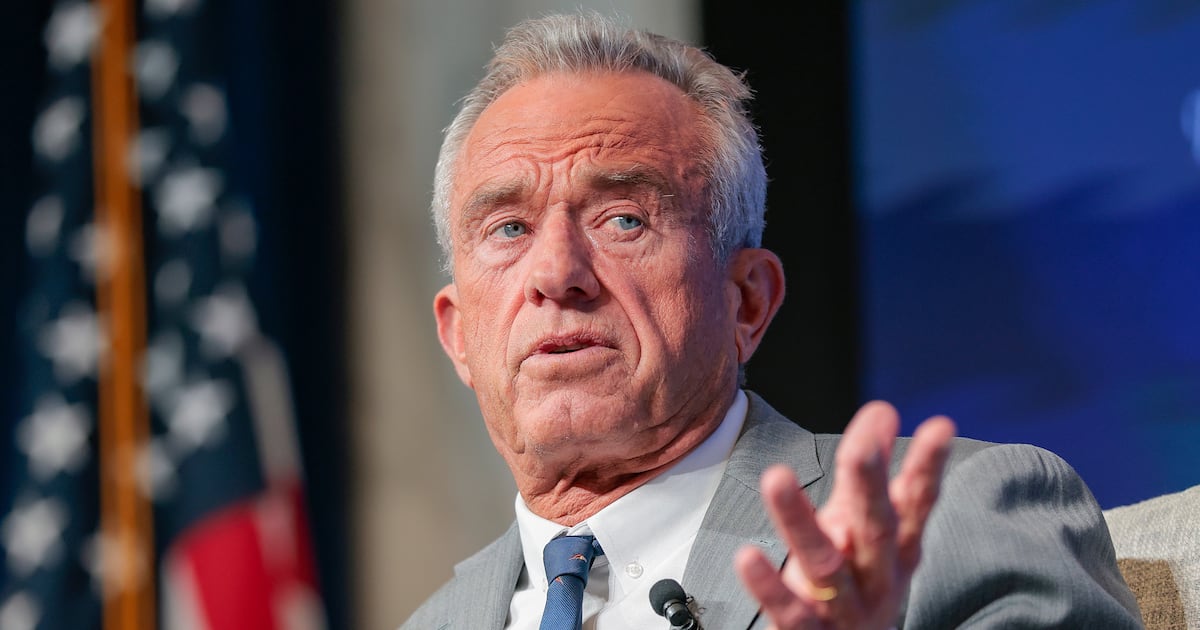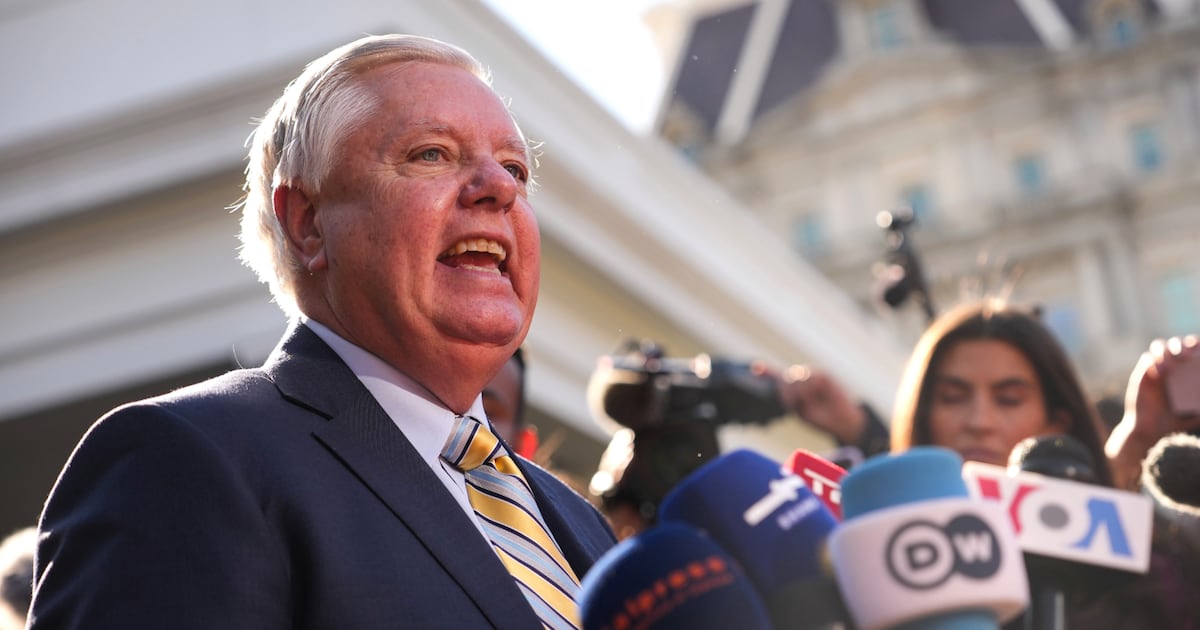The Mule is the story of an ambitious young man hot on the trail of an aged old pro—both of whom, it turns out, are a lot like each other. Which means that, in a sense, it’s a case of art reflecting life, since this crime-thriller represents the passing of the torch from its iconic headliner to his A-list co-star.
One of the fall’s best, The Mule is Clint Eastwood’s second directorial effort of 2018 (following February’s misbegotten The 15:17 to Paris), and his first on-screen role since 2012’s Trouble with the Curve. In this based-on-real-events saga, inspired by Sam Dolnick’s New York Times article “The Sinaloa Cartel's 90-Year-Old Drug Mule,” the Hollywood legend plays Earl Stone, a 90-year-old renowned for growing daylily flowers. It’s a preoccupation that brings him acclaim and attention at the many conventions he attends (and at which he wins prizes), albeit little love from his family. That’s because for decades, Earl has put his work ahead of all other concerns, including birthdays, anniversaries, marriage to his ex Mary (Dianne Wiest) and the wedding of his now-estranged daughter Iris (Alison Eastwood).
No matter his horticulturist gifts, Earl falls on hard times thanks to the flower business moving online (“Internet, who needs it?” he grouses). While trying to attend pre-nuptial festivities for his loyal granddaughter Ginny (Taissa Farmiga), an opportunity lands in his lap—namely, being a driver for the Mexican drug cartels. It’s a gig for which he’s surprisingly tailor-made, since he’s spent a lifetime traversing the country, has no criminal record (not even a single traffic infraction!), and is, you know, a grizzled old man in a pick-up truck. Earl is so confident cops won’t suspect him, he even stashes his cargo—given to him by a trio of Mexicans who warm to his elderly charm and guts—right in his vehicle’s flatbed beside his bags of pecans.
Embodied by Eastwood as part crotchety badass, part singing-to-the-oldies grandpa, Earl is a warrior who recognizes that the world, what with its internet and smartphones, is passing him by. He consequently views his new criminal gig as a way of pushing back against the rising tide of modernity, which threatens the elderly like him (he pays the bank to get his house out of foreclosure) and his fellow war vets (whose VFW he saves from disrepair). Similarly, as both a directorial and acting vehicle, The Mule is Eastwood’s latest rebuke to any notion that he’s an artist of the past. Helmed with his usual efficient craftsmanship, each composition perfectly in tune with the action at hand without calling undue attention to itself, and bolstered by his performance, which melds tough-guy gruffness and sentimental regret over the cost of obsessiveness, the film is another handsomely made, consistently gripping, slyly funny entry in the self-referential Eastwood canon.
I’ll let biographers determine how closely one should see Eastwood in Earl, especially as it relates to the latter’s guilt over abandoning his brood—although Eastwood’s decision to cast his own daughter Alison as Earl’s angry progeny certainly suggests a personal angle. What’s clearer, however, is that The Mule plays like the final phase of a changing-of-the-guard process for its maker and Bradley Cooper.
Here, Cooper is cast as DEA agent Colin Bates, who along with his partner (Michael Peña) is tasked by his boss (Laurence Fishburne) to make big busts if he ever hopes to escape his new, unwanted Chicago post. Thus, Colin sets about tracking the movements of cartel drugs in and out of the Windy City, and his prime target soon becomes the mysterious “Tata” (i.e. Earl), who’s single-handedly transporting up to 100 kilos of cocaine a month.
The Mule is Cooper’s second collaboration with Eastwood following 2014’s American Sniper, which not only proved the actor’s box-office bona fides ($350 million in the U.S.) but fostered something of a mentor-mentee relationship between the two. After that team-up, Eastwood planned to cast Cooper as the lead in in his long-gestating A Star Is Born do-over, alongside Beyoncé. It was a part Cooper initially turned down, believing he was, at the time, too young for the role, even though he later admitted, “Saying no to Clint Eastwood was the hardest thing I’ve ever done. I had put myself on tape for every Eastwood film. He was my hero!” Nonetheless, when that iteration of the remake fell through, it was Eastwood who suggested Cooper helm and star in it himself, the result being a financial smash ($197 million and counting domestically), five Golden Globe nominations, and what are sure to be a slew of Oscar nods in the near future.
A Star Is Born’s success has cemented Cooper as the auteurist heir apparent to Eastwood at Warner Bros. (which they previously, and vainly, tried to achieve with Ben Affleck). That transition is echoed by The Mule, which has Cooper playing a go-getting hotshot who resembles the individual he’s pursuing. During a Waffle House breakfast chat late in the proceedings, Colin, not realizing that Earl is the man he’s after, confesses that his current assignment has made him forget a marital anniversary. This naturally strikes a chord with Earl, who cautions his adversary/doppelganger about the hazards of neglecting family, immediately before he attempts, at great personal risk, to atone for that sin himself. It’s a scene of one man imparting hard-earned knowledge to a younger kindred spirit—an act of transference that’s as gentle, funny and subtly poignant as the rest of the film’s cross-generational drama.
There’s no question Cooper still has a long way to go before reaching Eastwood’s professional heights. And yet there remains an impression throughout The Mule that Eastwood views him as someone who can, and now will, take up his artistic mantle. That’s never more true than during the finale, when Eastwood turns the film into a farewell—one made fonder by the sense that, though his amazing run may be coming to an end, a protégé is ready to take his place.



